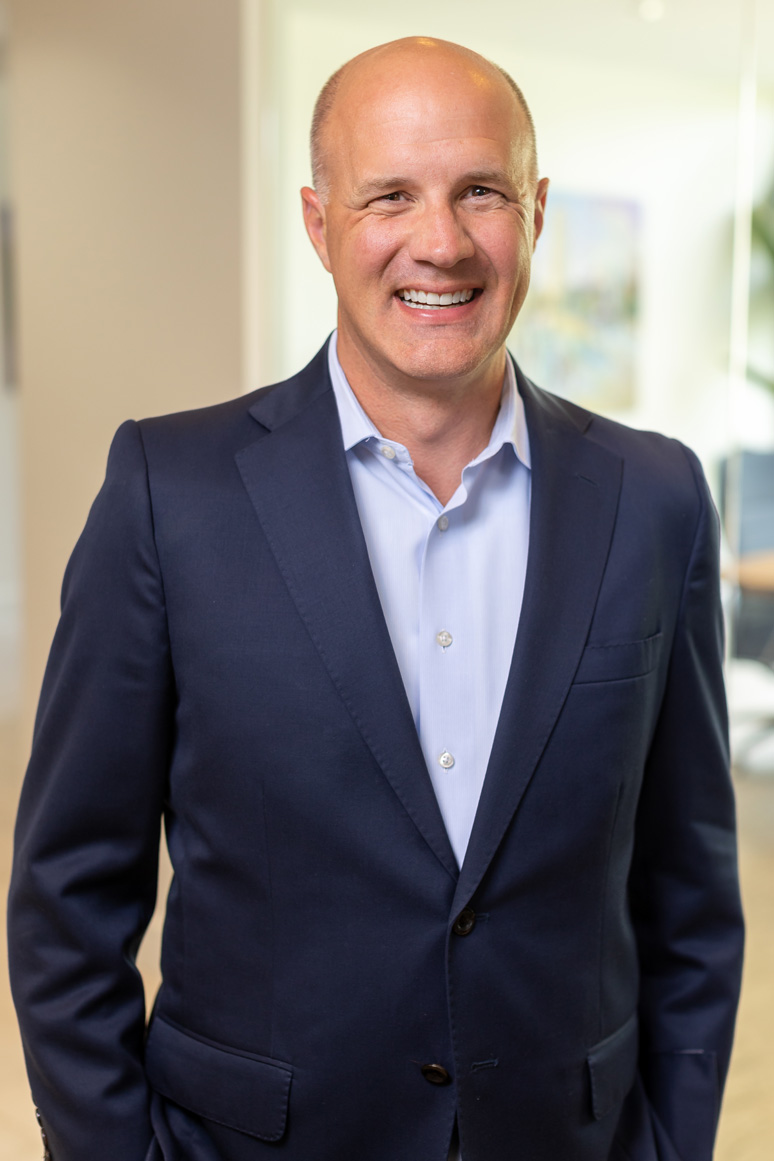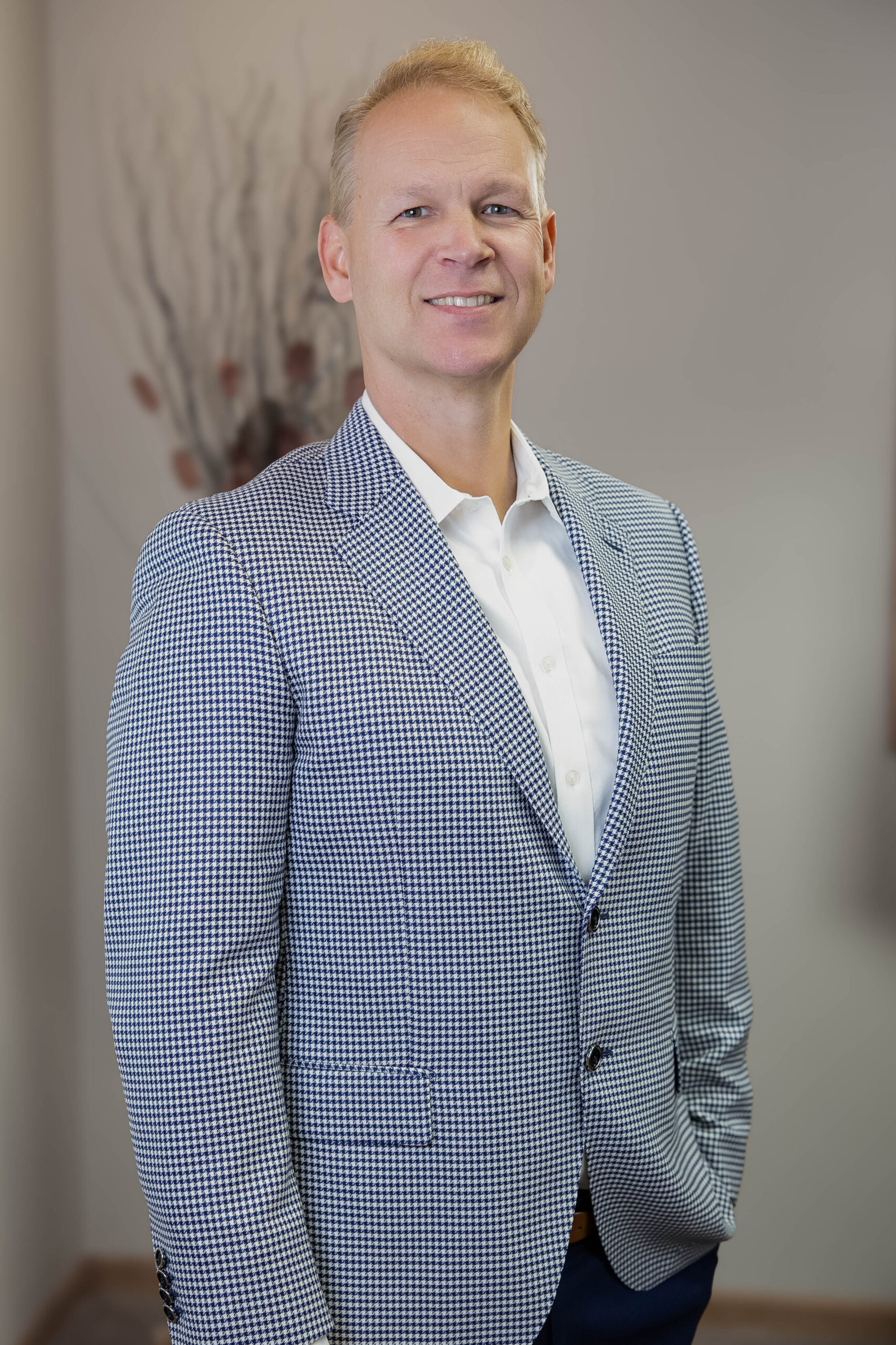Waverly Advisors Welcomes StrategIQ Financial Group
We are pleased to announce a new chapter in our journey. We have become part of Waverly Advisors, LLC effective January 1, 2024.
To help take our organization to the next level, expanding on the wealth of services we provide, we wanted to partner with a firm that shares our values, and we found that in Waverly. At the core of both Waverly and StrategIQ is a shared commitment to prioritizing you, our valued client. Our mission will continue to be deeply rooted in making a meaningful impact on your life through thoughtful financial planning and expert investment management. More than just managing wealth, we are here to cultivate enduring and robust relationships with you, understanding that your financial journey is a personal and ongoing endeavor.


